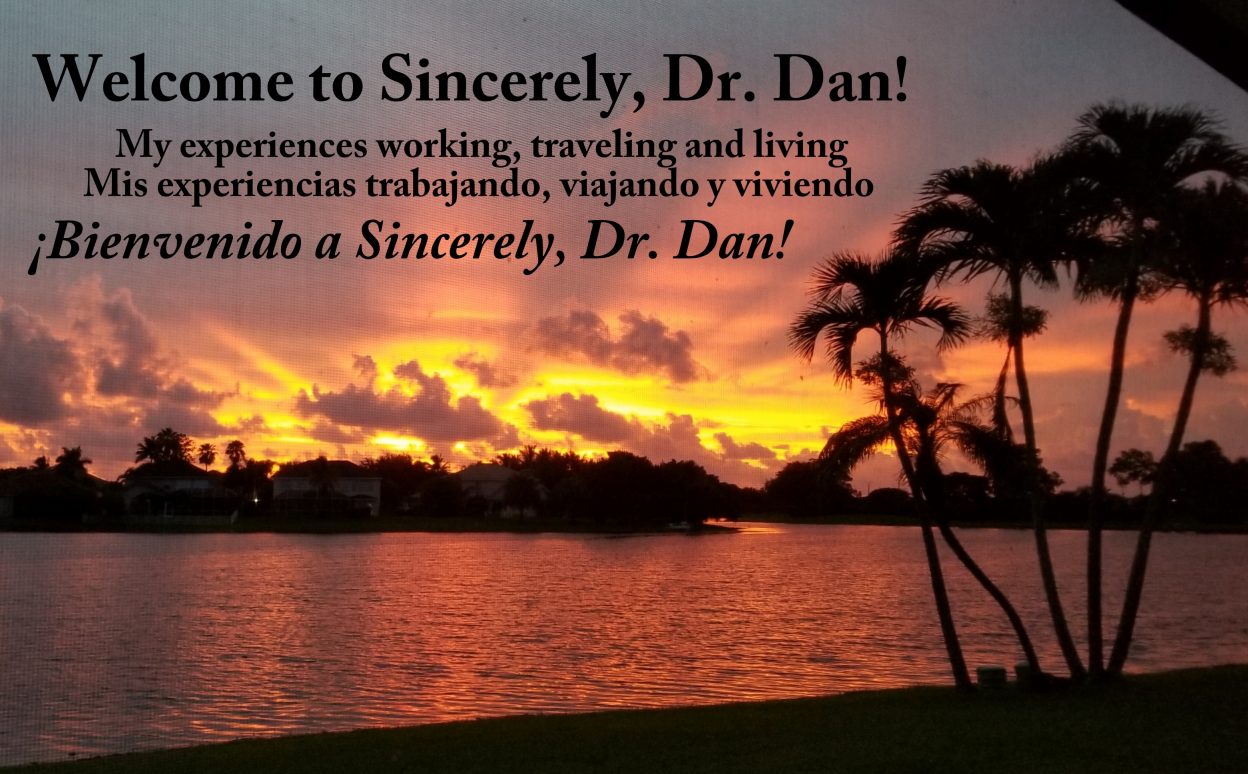One of my favorites “life hacks” is to offer to take a picture of a whole group of tourists with their camera so that it includes the person taking a picture. Before the days of “selfies,” photographers like me always had a whole collection of travel photos of everyone in their group except for them!
My favorite “success story” was a few years ago near where we live in South Florida. We were showing some out-of-town friends a popular site called Blowing Rocks Preserve in Martin County. I heard a father talking to his children in an Eastern European language while he was preparing to take a picture of his family. The teenagers, however, were speaking English.
My wife calls it being “nosy.” She can tell when I am ignoring her rather than paying more attention to a conversation that I am overhearing. I love to guess where people are from or what language they are speaking. If it is a language I know, it’s fun to practice speaking their language. It is also such a good icebreaker!
It turned out that the family was originally from Poland but had lived in Dublin, Ireland for the past 13 years. We were getting ready to go to Dublin about two weeks later.
After taking pictures of them with their camera and with my phone, I told them that I would send them my pictures from my phone. I asked their teenage son, Damian, to put his contact info in my phone.
Within an hour, I heard from him, and he and his family offered to meet us in Dublin so that they could show us some of their favorite places that most tourists don’t see.
They met us at the cruise port and took us to the mother’s favorite estate and gardens, Powerscourt Gardens,
and then to lunch at the father’s favorite restaurant, Johnnie Fox’s Pub.
It was a fantastic day for us. They even invited us to stay overnight in their home in Dublin and then drive us up to Belfast the next day, about two hours away!
These “personal experiences” happen now and then because I consciously work at finding them. They are usually more memorable than many of the usual tourist attractions that we have visited.
We have kept in touch with this Polish/Irish family. They have offered to meet us in Poland some day so that they can take us to see some of their favorite places in their homeland. We have told them that we will do the same when they come back to the US.
Just imagine…..an international friendship born from an offer to take a photograph!






























